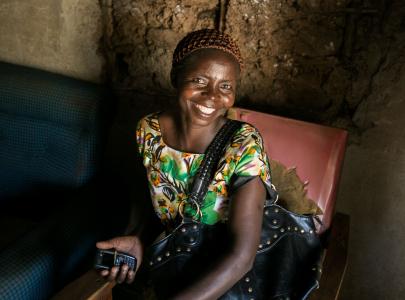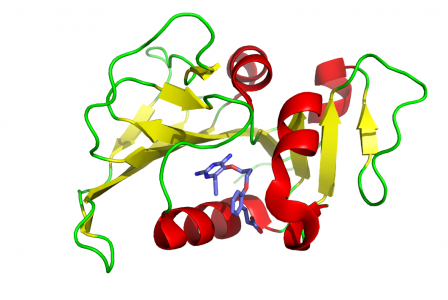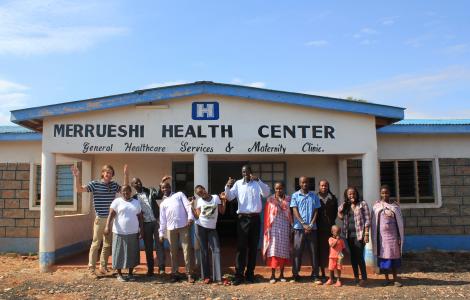University of Washington Receives Grand Challenges Explorations Grant for Groundbreaking Research in Family Planning
Seattle, WA – Alison Drake is one of 28 Grand Challenges Explorations grant winners, announced today by the Bill & Melinda Gates Foundation. The funding will allow Drake, an Assistant Professor of Global Health at the University of Washington, to launch an innovative family planning and technology research project.


